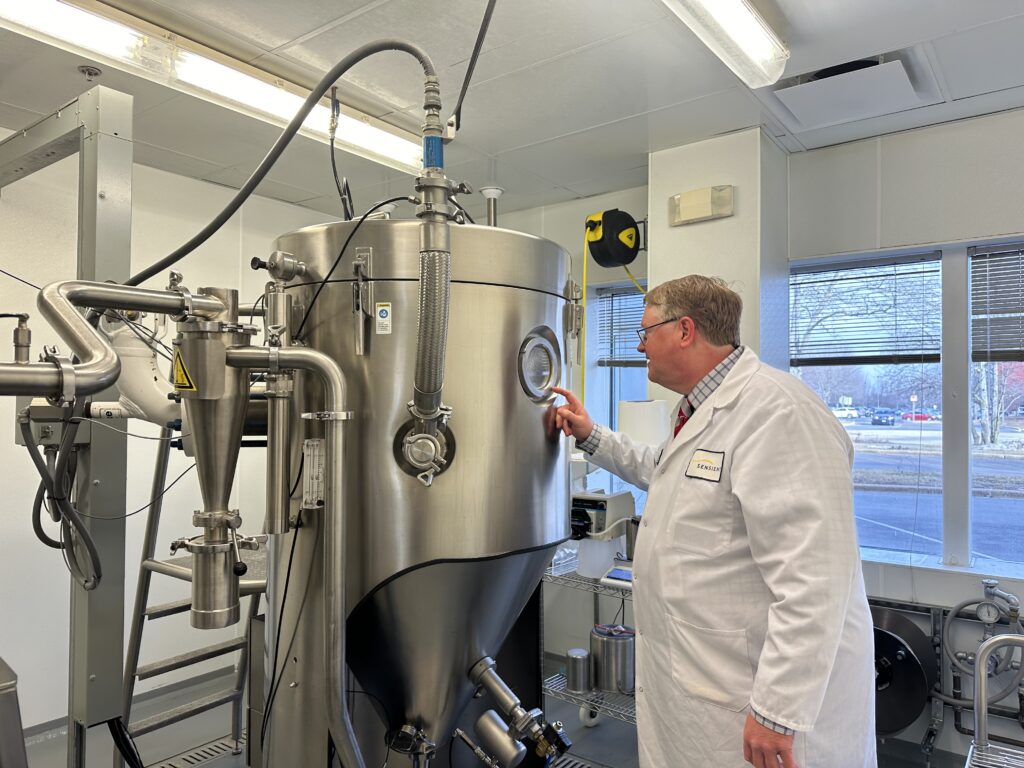Expert Q&A with Master Flavorist, Darrel Terry
Master Flavorist, Darrel Terry began his flavorist career 30+ years ago. In his interview below, he offers a glimpse into the journey of what becoming a Master Flavorist looks like and what makes his role in the industry self-fulfilling.
Q: What does the timeline to becoming a flavorist and master flavorist look like?
A: Becoming a Flavorist takes up to 7 years of extensive training and designing flavors for customers. Becoming a Master Flavorist depends on each company’s timeline which can take 25 years of experience. You have to demonstrate your knowledge and abilities as a Master Flavorist to coach other flavorists on formula design and raw material training or production on producing flavors on a mass scale.
Q: Can you expand on what it means in maintaining a “tasting” notebook?
A: This is the tasting raw material notes which is kept in any type of filing system preferred by a trainee. Mine was index cards because it was a great personal filing system. Yes, I started before I had access to computers which I then made an Excel version later.
Q: What are some challenges that come with coming a flavorist that most people wouldn’t know?
A: Some challenges are while studying to become a flavorist. The extra time required outside of work to study other literature on the flavor or raw material topics to further advance your knowledge can be intensive. Also, working on the production floor gives a flavorist trainee more insight on how flavors are produced on a larger scale and how the equipment can impact the flavors feasibility to be made in production.
Q: Describe how being a flavorist can be seen as an art form.
A: A flavorist is trying to recreate a flavor or something from nature which is art in itself. The balance of the raw materials need to work together to give you the positive experience that tells a unique story.
Q: What aspects of your work do you find the most fulfilling?
A: Being able to allow my creativity to shine in the creation of flavors and bringing enjoyment to the overall taste experience of consumer products brings me satisfaction. However, as a Master Flavorist I’ve been able to find a new satisfaction in being able to mentor and teach others along the way.
Q: What was the best advice you’ve received from a flavorist?
A: I had several flavorist mentors tell me to always be a sponge. You will always keep soaking up knowledge and learn new things in this industry.
Q: What advice would you give to future flavorists?
A: The best advice would be what my mentors told me. Always keep tasting raw materials all throughout your career, even the materials you tasted years before since your taste perception of the material can change and you may realize new attributes of that material.
